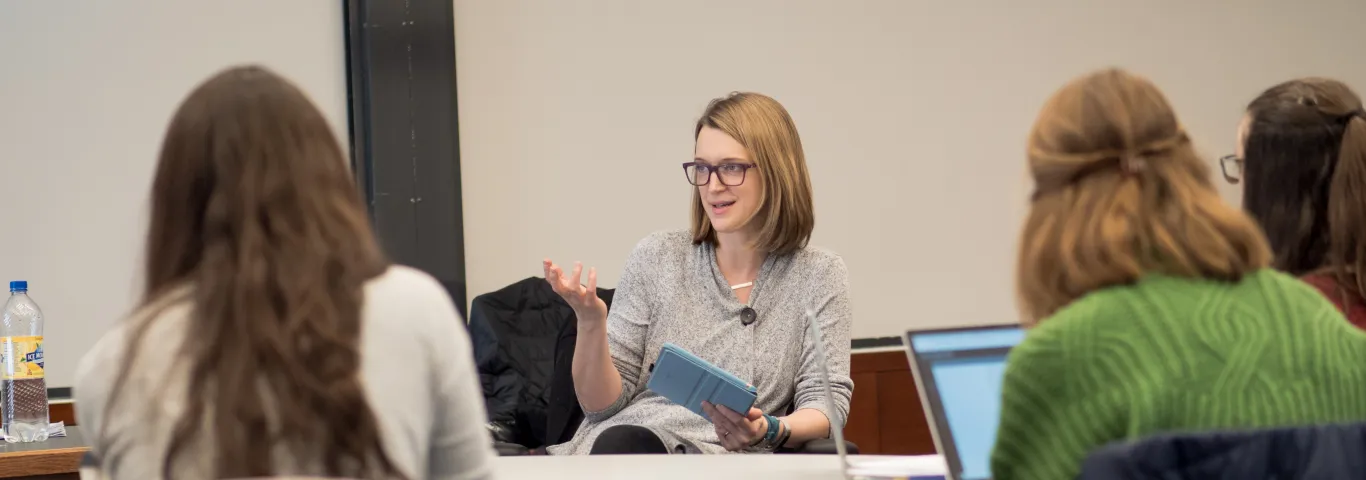Linguistics at WashU
At Washington University, Linguistics is a special interdepartmental program that primarily serves undergraduates. Students may major or minor in Linguistics, and many of our courses can be used to fulfill cluster requirements. The Courses page includes courses taught by other departments which increase understanding of linguistics and can, in most cases, also be applied toward a Linguistics major or minor.
The University also offers, in addition to Linguistics, several other courses of study for students interested in other approaches to language. These include but are probably not limited to Classics; East Asian Languages and Cultures; English; Jewish, Islamic, and Middle Eastern Studies; Germanic Languages and Literatures; and Romance Languages and Literatures. There are also several area studies programs that incorporate substantial study of modern languages. Check out International and Area Studies for examples.
For other approaches, the Philosophy-Neuroscience-Psychology program offers a track in Language, Cognition, and Culture. The Psychological and Brain Sciences department has a supplemental concentration in Reading, Language, and Language Acquisition for its majors. Applied Linguistics is also offered as an undergraduate minor in Education. Scroll to the bottom of the page for links to their areas of study.


